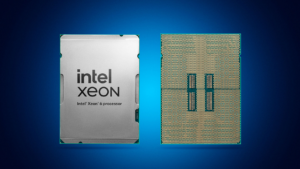
As AI adoption accelerates across industries, the choice of hardware becomes critical in optimising performance and efficiency. While NVIDIA AI accelerators like the H100, H200, and the recently announced B200 are leading the charge in AI workloads, their performance is not determined by the GPU alone. The CPU plays a crucial role in maximising throughput, […]



